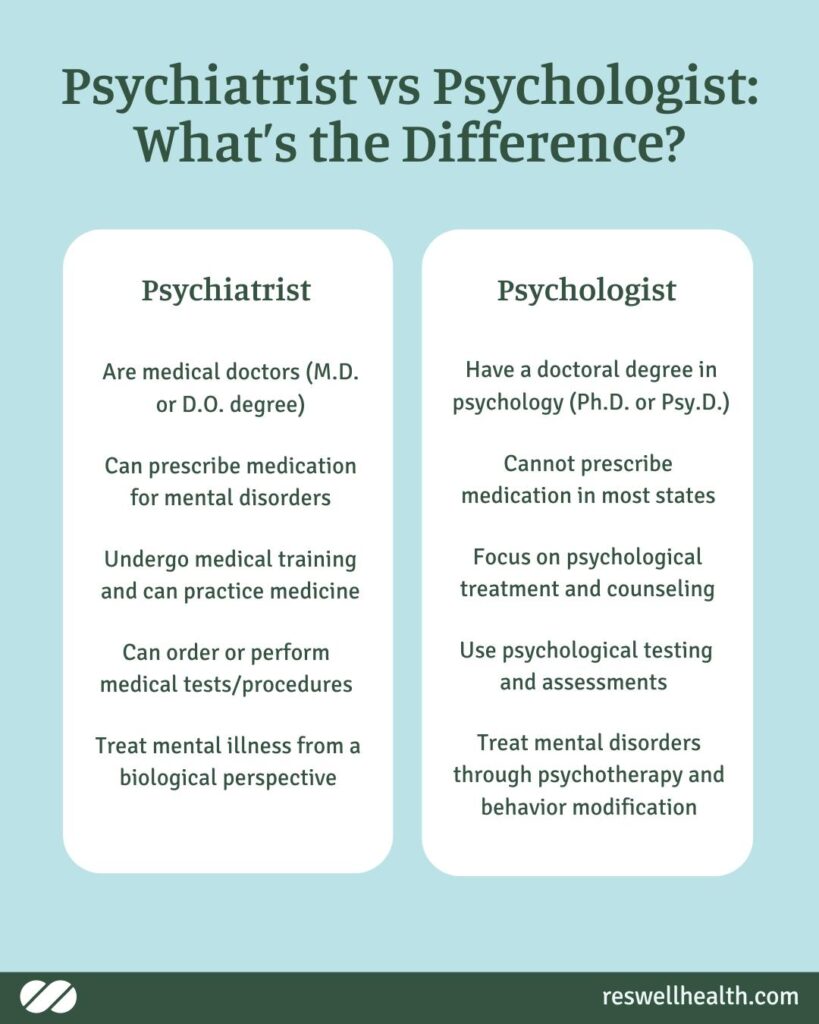In a shocking tale of parental negligence that reads like a scene from a dark comedy, the bustling corridors of Barcelona Airport became the unexpected stage for a heart-wrenching abandonment. When the ticking clock of a scheduled departure threatened to derail their travel plans, two parents made a decision that would soon send ripples of disbelief through international media: leaving their 10-year-old son behind, alone and bewildered, to ensure they wouldn’t miss their flight. This exceptional incident raises uncomfortable questions about parental obligation, travel stress, and the thin line between urgency and cruelty. A shocking incident unfolded at Barcelona’s El Prat Airport when a couple allegedly left their young child behind, prioritizing their travel plans over parental responsibility.Local authorities reported that the 10-year-old boy was discovered alone and visibly distressed after his parents seemingly abandoned him to ensure they didn’t miss their scheduled flight.Witnesses described a chaotic scene where the parents appeared more concerned about catching their departure than the well-being of their child. Airport security personnel quickly intervened, taking the boy into protective custody while attempting to locate his guardians.
The circumstances surrounding the abandonment remain unclear, with initial investigations suggesting potential communication breakdown or extreme travel-related stress. Social services were immediately notified to assess the child’s immediate welfare and understand the underlying factors that led to such an unprecedented situation.
Experts in child psychology suggest that such incidents, while rare, can have profound psychological impacts on children, perhaps creating long-lasting emotional trauma. The sudden separation and apparent disregard for the child’s safety could lead to significant trust and attachment issues in future relationships.
Local law enforcement is conducting a thorough examination to determine the precise sequence of events and potential legal consequences for the parents. Child protection agencies are closely monitoring the case, evaluating whether this incident warrants further intervention or legal action.
Airport staff reported that the boy remained composed despite the traumatic experience, cooperating with authorities and providing limited information about his family circumstances. Investigators are working to piece together the complete narrative and ensure the child’s immediate safety.
This incident highlights the critical importance of parental responsibility and the potential consequences of prioritizing personal conveniences over child welfare.The broader implications of such actions extend beyond this specific case, raising questions about parental decision-making and emotional accountability.
The boy has been temporarily placed under the care of local child protection services, who are working to reunite him with appropriate guardians or family members.Mental health professionals will provide necessary support to help him process the emotional impact of this unexpected abandonment.
As the investigation continues, this extraordinary event serves as a stark reminder of the delicate nature of familial relationships and the paramount importance of ensuring children’s safety and emotional well-being in all circumstances.










